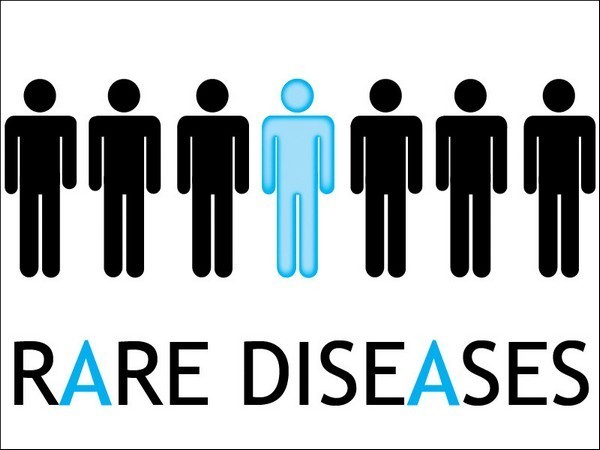New Delhi: The Ministry of Health & Family Welfare (MoH&FW), in 2017, took a landmark step by approving the National Policy for Treatment of Rare Diseases.
The policy is quite comprehensive and covers all the important aspects related to rare diseases.
Eminent experts have applauded the policy and have now emphasised on its effective implementation.
The need for a national policy arose due to the various challenges associated with rare diseases-lack of awareness, the dearth of diagnostic facilities, individuals unable to manage the treatment cost and the unfamiliarity of the physicians with the symptoms are some of the few issues with respect to rare diseases.
“The policy clearly indicates that the government is sensitive to rare diseases as a health issue and has put the same on national agenda. This can be attributed to the incessant work done by patient organisations and the healthcare fraternity at large,” Organisation for Rare Diseases India co-Founder Prasanna Shirol said.
“Until recently, policy makers and public health authorities were almost unaware about these conditions. But, today, there is a shift in public opinion which has led to the charting out and the execution of many noteworthy actions and the testimony of the same is the national policy. However, it is yet to be implemented and we are hopeful that same will be done at the earliest in the most effective way,” he added.
As with every policy, the full-fledged implementation of this policy, too, will take time. However, a lot of developments have taken place in the past year.
“To begin with, the central government has formed a Central Technical Committee (CTC) that will process patient applications. It has also set up an Inter-Ministerial Consultative Committee and a Technical cum Administrative Committee. In fact, at the state levels, there have been developments. The Delhi government has announced the formation of a Rare Disease Board to review the patient applications and handle other technical details,” said Advocate Ashok Agarwal, a social jurist who has been filing petitions for rare disease patients.
“Furthermore, the Tamil Nadu government would set up a diagnostic facility for approximately Rs. 10 crores to identify rare diseases. Also, to provide relief to patients, dedicated Centres of Excellence (COE) for rare disease patients have been established in the states Karnataka and Tamil Nadu,” added Agarwal.
While there are developments, there are still some gaps which need to be filled.
“It has been almost a year since the announcement of the national policy. Unfortunately, the implementation process has not yet started. The rare disease cell has received about 100 odd applications from across India during the last six months but there has been no headway on them and the onus has been put on the states to scrutinise the individual cases and provide recommendations with respect to the line of treatment,” said Manjit Singh, President, Lysosomal Storage Disorders Society (LSDSS).
“Many of the states in India, till now, do not know about the national policy or have the clarity on its implementation. Moreover, there is no clarification as to whether the financial help for treatment would only be provided for BPL patients or would also include APL patients. Thus, it requested to the government that a clarification is given on the same and to expedite the implementation process at the earliest,” concluded Singh. (ANI)

